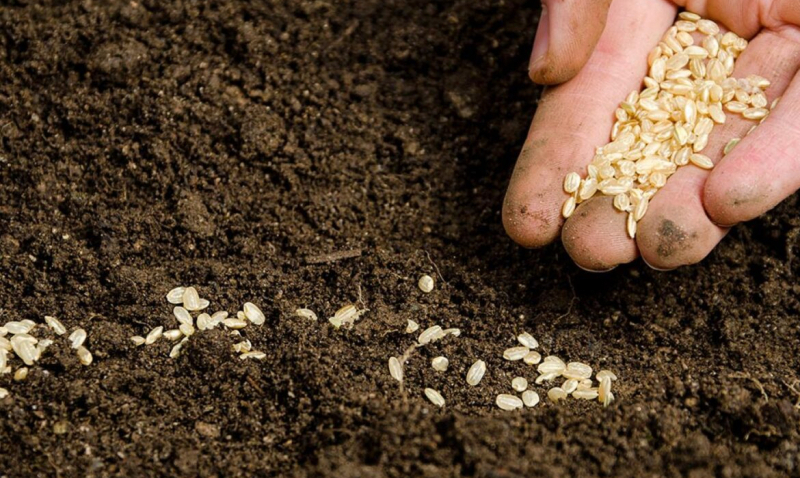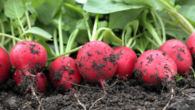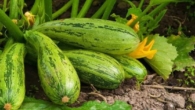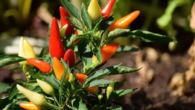
Experts explained why seeds do not germinate after sowing
1
After planting seeds, many gardeners face poor germination. And in some cases, not a single sprout may appear. There are several most common reasons, writes Design Homes, why seeds do not germinate.
Details
Unscrupulous producers may use defective, improperly collected or old seeds. As a result, after sowing, they do not germinate or give very weak sprouts.
When stored at low temperatures, dry seeds go into a “dormant” mode. And to get out of a state of deep dormancy, they need much more time than at room temperature. Therefore, they germinate much later – the delay can be several weeks.
Another common reason why seeds do not germinate is disease – a very large number of phytopathogens are transmitted with seed. The risk is especially high if self-collected or purchased seeds are used. In the case of industrial production, the seed material is subjected to preliminary disinfection.
Soil that is overloaded with nutrients or was collected on agricultural land can slow down germination or prevent sprouts from emerging. Insufficient looseness or moisture permeability of the soil also negatively affects germination. It is important to follow the manufacturer's recommendations.
As a rule, gardeners do not guess at the depth of planting seeds. Most plants need a deepening of a little more than two centimeters. Small seeds can simply be sown on the surface of the seedling container and lightly sprinkled on top with a thin layer of loose compost or substrate.
Overdoing the pre-sowing treatment can also have a bad effect on germination. Many beginner gardeners use several top dressing options at once for reinsurance, which results in the loss of seed material.









Leave a Reply